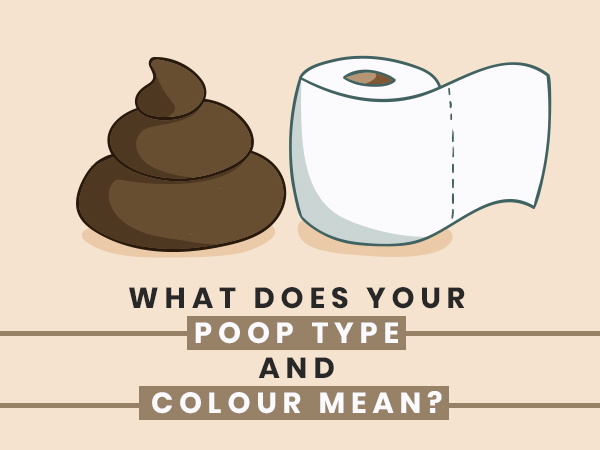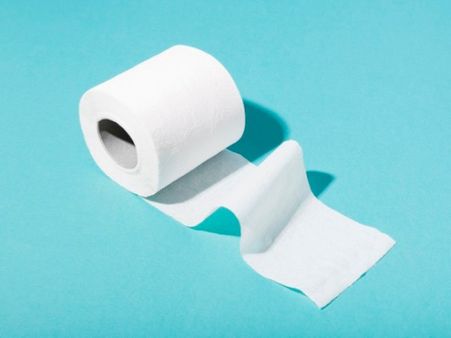Just In
- 21 min ago

- 1 hr ago

- 1 hr ago

- 1 hr ago

Don't Miss
- News
 Rahul Gandhi Drags Aishwarya Rai Bachchan's Name Again To Corner BJP
Rahul Gandhi Drags Aishwarya Rai Bachchan's Name Again To Corner BJP - Automobiles
 India's Motorcycle Market 2023-24: Hero Splendor Leads Amidst Diverse Preferences
India's Motorcycle Market 2023-24: Hero Splendor Leads Amidst Diverse Preferences - Finance
 New Safety Check System for Cooking Gas Connections Rolled Out Amidst Delivery Boy Grievances; Reports
New Safety Check System for Cooking Gas Connections Rolled Out Amidst Delivery Boy Grievances; Reports - Education
 Kerala SSLC Results 2024: How and Where to Check the Results
Kerala SSLC Results 2024: How and Where to Check the Results - Movies
 MET Gala 2024: WHO Will Host The Exclusive Fashion Event THIS Year?
MET Gala 2024: WHO Will Host The Exclusive Fashion Event THIS Year? - Technology
 Here’s a List of Smartphones That Are Most Likely to Feature Qualcomm Snapdragon 8 Gen 4
Here’s a List of Smartphones That Are Most Likely to Feature Qualcomm Snapdragon 8 Gen 4 - Sports
 IPL 2024: No Place For Sanju Samson in Irfan Pathan's 15-Member Indian T20 World Cup Squad
IPL 2024: No Place For Sanju Samson in Irfan Pathan's 15-Member Indian T20 World Cup Squad - Travel
 Fly in Luxury: 10 Ways to Get Free Flight Upgrades
Fly in Luxury: 10 Ways to Get Free Flight Upgrades
What Does The Colour Of Your Poop Reveal About Your Health?
Discussing your poop may not be the most interesting topic for a conversation, but still, it is important to talk about your poop. Well, getting disgusted is natural, so is your poop. Poop, also known as stool or faeces, is a normal part of the digestive process.

Consisting of waste products that are eliminated by your body such as undigested food particles, bacteria, salts, and other substances, your poop can vary in its colour, texture, amount, and odour.
While every poop is 'distinct,' there are a few things that indicate a healthy or unhealthy poop - and we will be talking about it today with the help of the Bristol stool chart, a scale used by doctors to show how and why different types of poops look or feel a certain way [1].

The Bristol Stool Scale - Making Poop Knowledge Easy
[source: wikipedia]
Under the poop examining scale, your bowels are categorised into seven types and they are as follows [2]:
Type 1: Separate hard lumps that are hard to pass. They look like small pellets and indicate constipation. If it happens frequently, consult a doctor.
Type 2: Lumpy and log-shaped, this type of poop also indicates constipation.
Type 3: Long, almost sausage-shaped with cracks in the surface. Type 3 is the poster child for healthy poop. It will be soft and easy to pass.
Type 4: It is smooth and like a snake, long. This type also indicates normal and healthy poop.
Type 5: These are small, like type 1, but soft and easy to pass. These soft blobs with clear-cut edges are an indication of a lack of fibre-rich diet.
Type 6: Fluffy and mushy with ragged edges, these have a mushy consistency and could be a sign of mild diarrhoea.
Type 7: Completely watery with no solid pieces, these indicate inflammation and diarrhoea.
Normal pooping should take no more than 10 to 15 minutes. People that take longer than this may have constipation, haemorrhoids, or another condition.
Now that you are aware of the types of poop, let us get to know what your poop colours indicates and how it is a reflection of your health.

What Does Your Poop Colour Say About Your Health?
Just like consistency and size, the colour of your poop is an indication of the things that are going on in your body [3]. On different occasions, you may have noticed the colour of your poop is different than the usual yellowish-brown shade, it could be due to the food you ate, medications or certain health issues. While brown poop is considered the "normal" colour of poop, greenish-brown hues are also acceptable [4].
Black: If the stools are black in colour, it could be an indication of gastrointestinal bleeding [5]. In other cases, black colour can also appear due to substances such as iron supplements, black liquorice, and certain mediation [6].
White: If stools are white, grey, or pale, it is an indication that the person may have an issue with the liver or gallbladder [7]. Pale stools suggest a lack of bile in the liver, the digestive fluid that comes from your liver and gallbladder. Pale poop could also be a side-effect of certain medications like anti-diarrhoea medicine [8].

Green: Spinach, kale, or other green foods can cause green poop. So mostly a green coloured poop is not something for concern. However, in some cases, green-coloured stool may be a sign that there is too much bile and not enough bilirubin (which gives poop the brown tint) in the poop [9].
Red: As you would expect, the red coloured stool can be an indication of bleeding [10]. It can be either due to haemorrhoids or to bleeding in the lower intestinal tract. Eating beetroots or drinking beet or tomato juice, also turns your poop red.
Orange: If you consume orange-coloured foods which are rich in a pigment called beta-carotene, your stool will come out in orange colour. Carrots and sweet potatoes are among the many foods that contain beta-carotene [11]. Apart from that, blocked bile ducts or certain medications, some antacids and the antibiotic rifampin can cause orange poop [12].
Yellow: If your stool appears yellow, it suggests the poop contains too much fat which could be a result of absorption issues, or difficulty producing enzymes or bile. Yellow poop usually is greasy and horribly stinky, and could also indicate a malabsorption disorder like celiac disease [13].

What Are The Indications Of Abnormal Poop?
If you have any of the following, it could indicate a digestive issue and should see a doctor [14]:
- Excessive straining while passing stool
- Blood in the stool and bleeding while passing stool
- Very hard and dry poop
- Greasy and fatty poop
- Pooping too often (more than three times daily)
- Not pooping often enough (less than three times a week)
- Watery poop


What Causes Abnormal Poop?
Some of the common reasons for abnormal poop are as follows [15]:
- Dehydration
- Stress
- Lack of dietary fibre
- Medical conditions such as depression, cancer, an overactive thyroid (hyperthyroidism), inflammatory bowel disease (IBD) and Parkinson's disease [16]
- Food intolerances and allergies

How To Have Healthy Bowel Movement?
- Drink plenty of water, that is, about 8 glasses per day
- Exercise regularly
- Take probiotics
- Consume a fibre-rich diet
- Try magnesium supplements

On A Final Note…
A healthy bowel movement should be painless and require minimal strain and will be soft to solid in texture. A change in the colour of your poop is natural and most of us will experience variations in stool colour at some stage. Diet changes and minor health issues are usually the cause. However, if the changes in your poop colour last for more than two or more weeks, consult a doctor.


 Click it and Unblock the Notifications
Click it and Unblock the Notifications







